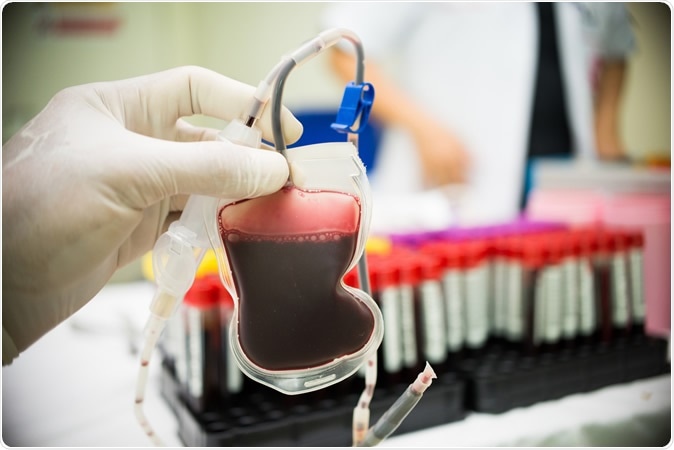The urgent call-to-action by the Red Cross comes after the United States has reported 53,660 confirmed cases, a sharp increase in just a couple of days. In the country, at least 703 people have died from COVID-19.
The Red Cross calls for blood donations since the nation’s blood supply needs to be replenished adequately.
“We need people to prevent the blood supply from getting depleted. We need it not to get to the point that surgeries are having to get canceled.” That’s something we absolutely do not want to have happened. To ensure an adequate blood supply, we need people to come out and donate blood,” Dr. Peter Marks, director of the U.S. Food and Drug Administration (FDA) Center for Biologics Evaluation and Research, said.
The coronavirus health crisis may have placed fear on those who want to donate blood. Heath officials assure that the coronavirus does not pose any known risk to blood donors during the process or from attending blood drives. The Red Cross ensures that it is safe to donate blood.

Blood donation. Image Credit: PPK_studio / Shutterstock
Call for blood donors
Federal agencies and the blood banking community calls for people to donate blood and let organizations host blood drives, as long as guidelines are followed amid the coronavirus outbreak.
Kate Fry, the chief executive officer of Americas Blood Centers, urges people in the country, especially blood donors, to donate blood. She emphasized that the blood supply cannot be taken for granted as the coronavirus disease (COVID-19) outbreak intensifies. Hospitals cannot afford to have depleted blood supply, since some patients may need them.
Most blood drives across the country are being canceled due to the increasing number of coronavirus cases. In the long run, this could lead to a low supply of blood products, vital for essential medical treatments. The blood supply is not just for COVID-19 patients, but also for other sick individuals who need urgent blood transfusions.
“We are doing everything in our power to ensure that we don’t get to a critical level of the blood supply. If we continue to see blood drives cancel, we are going to reach a level of inventory of which we haven’t seen in the past,” Chris Hrouda, President of Biomedical Services for the American Red Cross, said.
Since the outbreak of the coronavirus in the U.S., blood drives have been canceled at an alarming rate. About 2,700 Red Cross blood drives were canceled nationwide, due to concerns about crowding. Up to date, there are 86,000 fewer blood donations, with more than 80 percent of the blood supply of the Red Cross comes from blood drives.
U.S. coronavirus status
In the United States, at least 15 states have already issued stay-at-home orders effective this week, affecting about 137 million Americans. The rapid spread of the novel coronavirus in the country has prompted authorities to impose stricter rules as people ignore social distancing orders.
Americans are advised to stay at least six feet away from others. Crowds are discouraged, but over the weekend, people kept ignoring the guidance. People were seen in beaches and parks, with crowds of more than ten people gathering. The President has issued an order than gatherings with more than ten people that should be canceled. The government also closed schools, but teens flocked to the beach and gathered in parks.
In New York City, the most shaken state in the country, there are more than 25,600 confirmed cases and 210 deaths. U.S. Surgeon General Jerome Adams, the country’s top health official, said the number of confirmed cases is not subsiding. He urged everyone to stay at home and practice social distancing.